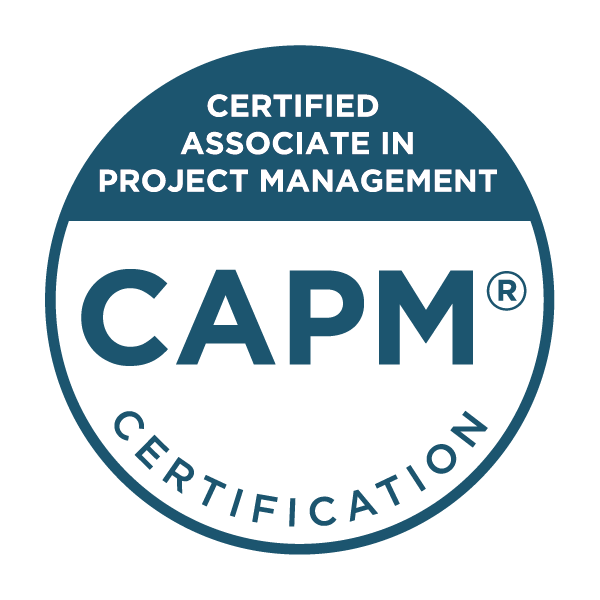
Crisis managers require a variety of skills. Leaders who are able to recognize and manage crises before they escalate can be a great asset. The effects of a slow-moving crisis may not be obvious until much later. Leadership styles that are effective practice early recognition. They stay on top of current events in the world to help them manage their crisis. A skilled crisis management specialist can help a company manage a crisis and continue normal operations.
Priorities for crisis managers
Clarity and clarity should be the goal of crisis managers. People who can quickly make decisions and are calm should be part of the team. It should also contain detail-oriented and process-oriented members. It is important that there is a clear line of command. It is important that the team receives proper training to perform their assigned tasks. In the event of a crisis, it is important to restructure the team according to the specific needs of the crisis.

Characteristics for crisis management specialists
A combination of skills and experience is necessary for success as a crisis management specialist. The ideal professional in crisis management should be highly trained, well-informed, and able to effectively communicate and gather information. He or she must also have excellent active listening skills. These types of people are able to manage chaos and stress while still remaining calm and focussed. A person with this ability should be able and willing to work well with others in various departments and roles.
Crisis managers may use certain techniques
There are numerous techniques used by crisis managers to successfully handle a critical incident. Crisis management is an art that requires planning and preparation. The resilience concept is what top crisis managers use to guide their actions. It refers to being able to bounce back quickly after a difficult situation, and also to being vulnerable to potentially dangerous events. High-performing managers have sharp memory and are able make quick decisions. This allows them to react more quickly and accurately. They are also open to vulnerability, which helps them prepare for crises before they happen.
The impact of a crisis on an organisation
The Impact of Crisis and Organization explores how businesses can be affected by a crisis. It also discusses ways that they can prevent or mitigate such damage. This book examines the factors which affect the value and impact of a crisis on a business' reputation and viability. All commercial organizations work in challenging environments today. Trust is low and high expectations are placed on good governance. Communication is complicated between companies as well as their stakeholders. It is possible to quickly resolve issues when traditional target audiences are broken up into social groups.

Crisis managers need the skills
Communication is one of the most important skills a crisis manager should have. These skills are essential for managing any kind of crisis, large or small. For the situation to be resolved quickly and efficiently, the manager will need to communicate clearly. They must be calm and able to make quick decisions and delegate. Combining these skills will make crisis managers far more likely achieve a positive outcome.
FAQ
What are the four major functions of Management?
Management is responsible for planning, organizing, directing, and controlling people and resources. It also includes developing policies and procedures and setting goals.
Management assists an organization in achieving its goals by providing direction, coordination and control, leadership, motivation, supervision and training, as well as evaluation.
Management's four main functions are:
Planning - This is the process of deciding what should be done.
Organizing is the act of deciding how things should go.
Directing - Directing means getting people to follow instructions.
Controlling - Controlling means ensuring that people carry out tasks according to plan.
What is Six Sigma?
It's a method for quality improvement that focuses on customer service as well as continuous learning. The goal is to eradicate defects through statistical techniques.
Motorola created Six Sigma as part of their efforts to improve manufacturing processes in 1986.
It was quickly adopted by the industry and many companies are now using six-sigma to improve product design, production, delivery, customer service, and product design.
What are the most common errors made by managers?
Managers sometimes make their own job harder than necessary.
They may not assign enough responsibilities to staff members and provide them with inadequate support.
Managers often lack the communication skills necessary to motivate and guide their teams.
Managers set unrealistic expectations and make it difficult for their team.
Managers may attempt to solve all problems themselves, rather than delegating it to others.
What role does a manager play in a company?
The role of a manager varies from one industry to another.
Managers generally oversee the day-today operations of a business.
He/she makes sure that the company meets its financial obligations, and that it produces goods or services that customers desire.
He/she is responsible for ensuring that employees comply with all regulations and follow quality standards.
He/she is responsible for the development of new products and services, as well as overseeing marketing campaigns.
Statistics
- This field is expected to grow about 7% by 2028, a bit faster than the national average for job growth. (wgu.edu)
- The profession is expected to grow 7% by 2028, a bit faster than the national average. (wgu.edu)
- Your choice in Step 5 may very likely be the same or similar to the alternative you placed at the top of your list at the end of Step 4. (umassd.edu)
- The average salary for financial advisors in 2021 is around $60,000 per year, with the top 10% of the profession making more than $111,000 per year. (wgu.edu)
- 100% of the courses are offered online, and no campus visits are required — a big time-saver for you. (online.uc.edu)
External Links
How To
How does Lean Manufacturing work?
Lean Manufacturing techniques are used to reduce waste while increasing efficiency by using structured methods. They were developed by Toyota Motor Corporation in Japan during the 1980s. The main goal was to produce products at lower costs while maintaining quality. Lean manufacturing seeks to eliminate unnecessary steps and activities in the production process. It is made up of five elements: continuous improvement, continuous improvement, just in-time, continuous change, and 5S. It is a system that produces only the product the customer requests without additional work. Continuous improvement means continuously improving on existing processes. Just-intime refers the time components and materials arrive at the exact place where they are needed. Kaizen refers to continuous improvement. It is achieved through small changes that are made continuously. The 5S acronym stands for sort in order, shine standardize and maintain. These five elements work together to produce the best results.
Lean Production System
Six key concepts make up the lean manufacturing system.
-
Flow is about moving material and information as near as customers can.
-
Value stream mapping- This allows you to break down each step of a process and create a flowchart detailing the entire process.
-
Five S's, Sort, Set in Order, Shine. Standardize. and Sustain.
-
Kanban: Use visual signals such stickers, colored tape, or any other visual cues, to keep track your inventory.
-
Theory of constraints - identify bottlenecks during the process and eliminate them with lean tools like Kanban boards.
-
Just-in-time - deliver components and materials directly to the point of use;
-
Continuous improvement is making incremental improvements to your process, rather than trying to overhaul it all at once.